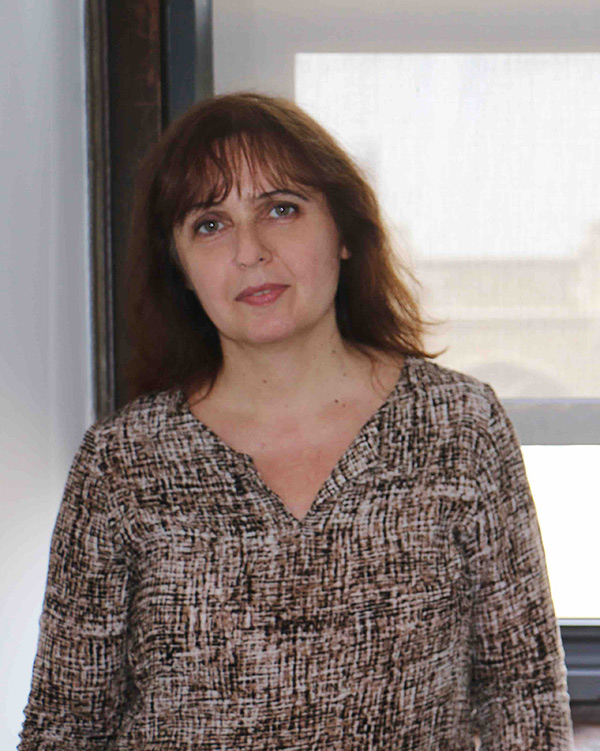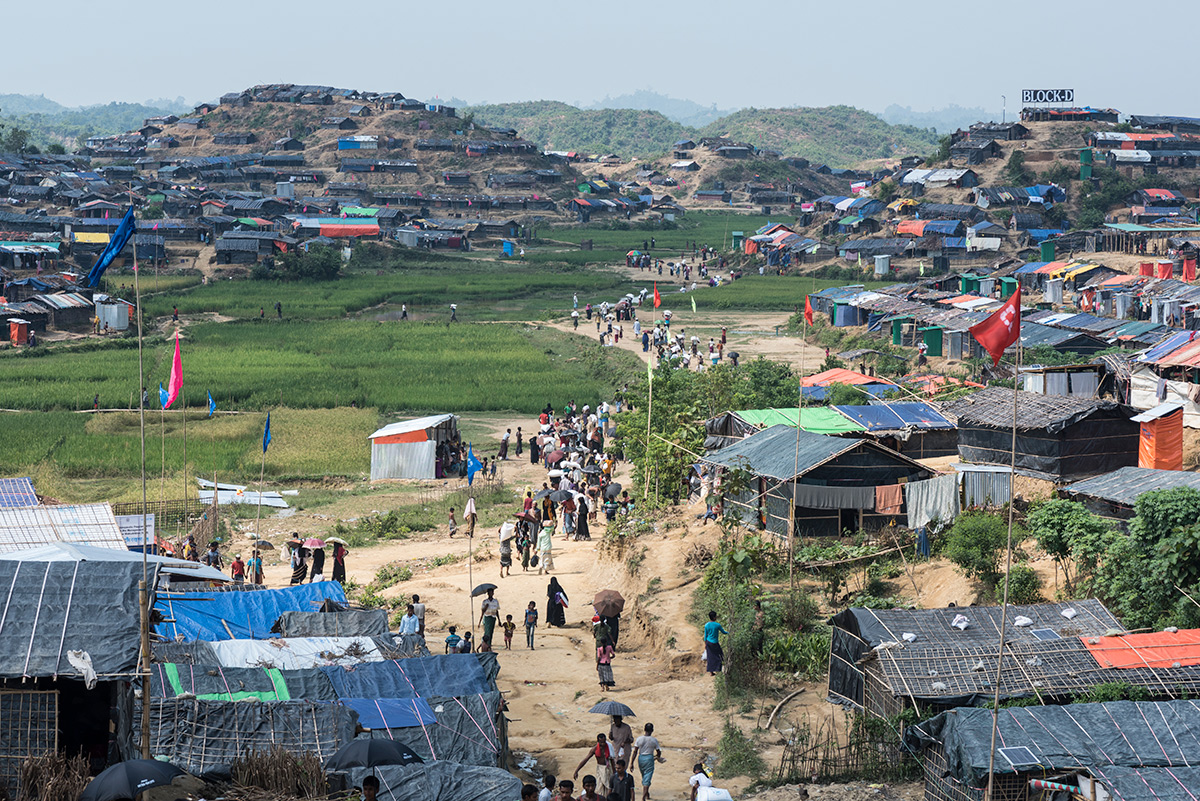The Global Mental Health Lab (GMH) at Teachers College is finalizing a three-year agreement to evaluate the use of a technique called interpersonal therapy (IPT) with Rohingya refugees in Bangladesh.
Led by Lena Verdeli, Associate Professor of Psychology & Education, the Lab will work with the United Nations High Commissioner for Refugees (UNHCR) and its Bangladeshi and international partners to study the acceptability, feasibility and preliminary effectiveness of IPT for distressed adult Rohingya refugees settled in refugee camps in Cox’s Bazar, in southeast Bangladesh.

FILLING A NEED Verdeli has worked with distressed populations in countries around the world.
“We are honored that the UNHCR has chosen us at its preferred academic partner for the dissemination of this widely used psychotherapy. In addition to building capacity in IPT we will evaluate the process and monitor its impact on providers, clients and their families,” says Verdeli, founding director of GMH and TC’s Director of Clinical Training. “There is an enormous need for psychosocial support of the Rohingya refugees who witnessed and experienced unspeakable atrocities.”
The Rohingyas, of the Rakhine state of Myanmar, are the largest group of stateless people in the world and are considered among the most persecuted of all minorities. Bangladesh hosts around 870,000 Rohingya refugees, 671,300 of whom arrived in August, 2017 according to UNHCR. Approximately 89 percent of the Rohingya refugees are experiencing elevated levels of depression and 36 percent are suffering from symptoms of acute stress reactions/post-traumatic stress disorder.
We are honored that the UNHCR has chosen us at its preferred academic partner for the dissemination of this widely used psychotherapy. There is an enormous need for psychosocial support of the Rohingya refugees who witnessed and experienced unspeakable atrocities.”
—Lena Verdeli
IPT is an evidence-based therapy that has shown effectiveness in treating depression and post-traumatic stress disorder (PTSD) in numerous clinical trials. The World Health Organization (WHO) included IPT in the recommended first-line treatment for depression in low- and middle-income countries around the world.
Verdeli is the world leader in adapting and testing IPT for use by trained lay people and mental health professionals working with displaced populations. She is also the lead author of Group Interpersonal Therapy for Depression, a manual globally distributed by WHO. She develops training and research programs in collaboration with WHO, nongovernment organizations, ministries of health, and mental health workers affiliated with UNHCR.
Her collaborations include partnerships in Colombia, Jordan, Uganda, India, Haiti and more recently Lebanon. There, in a country with a vast population of refugees displaced by the war in Syria, Verdeli and the GMH Lab are working with the Ministry of Public Health to implement IPT as the cornerstone of the nation’s new national mental health strategy.
“Our students talk about the unique knowledge, experiences, and skills this work has offered them,” Verdeli says. “There is a great deal of horror and pain in these communities– but also deep and raw love for life and enormous desire to improve their lives.
Read more about Verdeli’s work.
